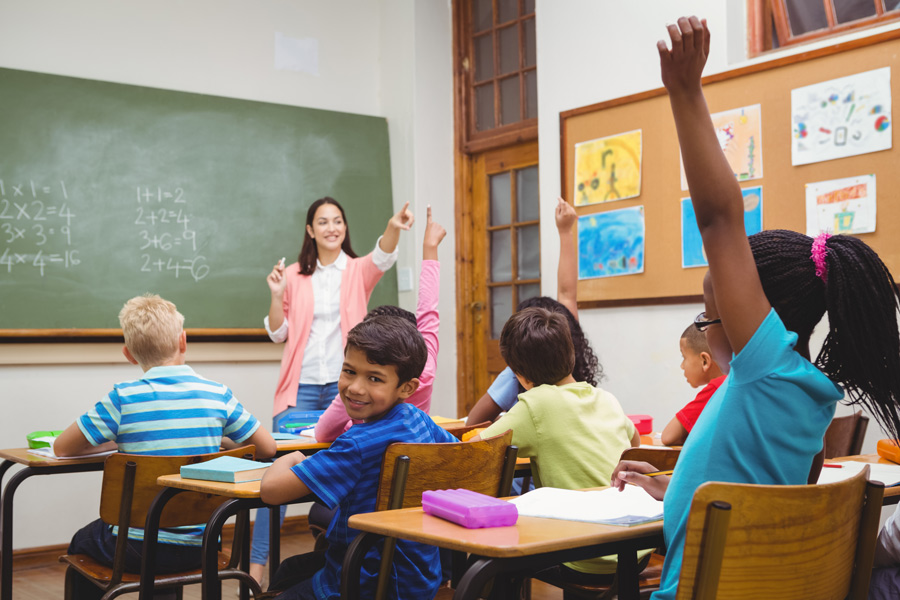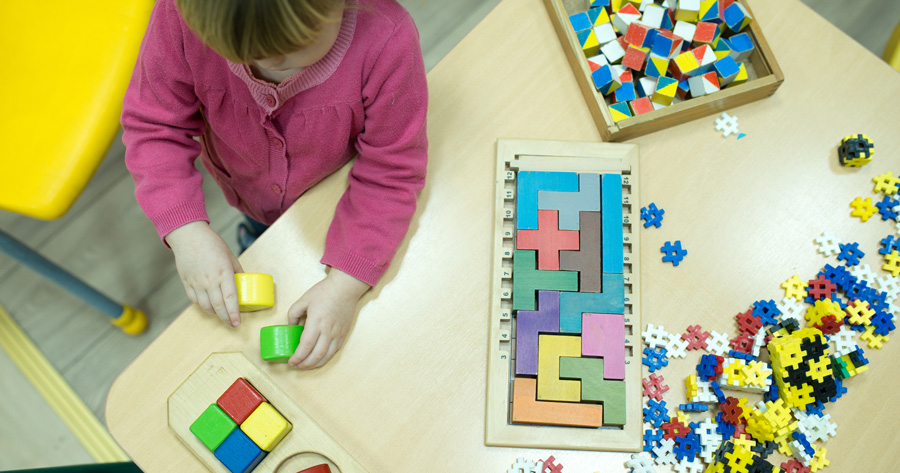You are your most important teacher (and what to do about it)
A visit with Miss Roberts, his first-grade teacher, prompted Dr Robert Hahn, Associate Professor in the Department of Anthropology at Emory University, Atlanta, to reflect on the foundational period of his intellectual development when he first learned arithmetic. His realisation “that I took in that for me a new way of thinking and seeing the world, turned it over and over, examined it, adapted it to what I already knew,” prompted his research into how your most important teacher is actually yourself.
Evolving internal tools of knowledge
Dr Hahn describes how learning is an internal dialogue, as we continuously build on the knowledge we already possess in our minds. An essential component of the internal dialogue is the development our internal tools of knowledge. A review of the literature offers an array of evidence in support of the self-teaching approach to knowledge and education.

Two perspectives on learning
The empiricist viewpoint is that learning is basically the process of accumulating and compiling information. Susan Carey, Harvard Professor of Psychology, refers to this as “common-sense epistemology” in which knowledge arises from sensory experience and results in the collection of numerous true facts. Rote learning, common in many educational settings, may be based on this perspective.
An alternative viewpoint regards learning as an activity with two crucial components. One component is that the learner takes in new information and determines whether this information is true or false, new or already known, and if true and new, how to alter what they already know, etc. This activity—the internal dialogue of sorting, processing, revising—is what makes a people their own and most important teachers. The second component is that the self-teacher also modifies their tools of knowledge; tools of knowledge can be taught, they can improve and evolve. It this building and refinement of the tools of knowledge that should be the focus of our educational system.

Foundations of knowledge and learning
Studies have shown how the process of knowledge and learning begins in infants long before language develops or formal teaching is implemented. Research has revealed that even newborns can understand numbers and, at five months old, infants have a rudimentary understanding of addition and subtraction. This sophisticated, innate knowledge and reasoning provides the foundation on which new learning builds. The cognitive process neurologists describe as ‘executive function’ organises and controls this foundation, underpinning our knowledge and learning process.
A learner’s viewpoint of their own capacity to learn and build knowledge can affect how well they actually learn.
Executive function
Dr Hahn describes three elements of executive function. Firstly, attention, as in directing one’s focus onto a particular topic, i.e. the question. This requires discipline as well as the ability to choose what one should pay attention to and what one should ignore. Secondly, working memory, in which internal mental resources are recalled, both from memories and recently acquired information, for the solution of the question. Thirdly, creative solution, the analytic engine of thought and learning that manipulates the learner’s internal resources to achieve a solution.

Executive function is the heart of the knowledge and learning process and can be nourished to strengthen self-teaching. Researchers have shown that a child’s healthy mind and brain development require the stimulation of a physically, socially, and emotionally rich environment in which to grow and interact. Deprivation of these resources, and physical or emotional neglect and abuse in particular, can severely limit or distort the physical development of brain functions that lead to intellectual and socio-emotional development including the capacity to learn. Recognition of the biological and social fundamentals indicates opportunities for intervention in order to promote growth.
What works to promote self as optimal learner?
A learners’ viewpoints of their own capacity to learn and build knowledge powerfully affect how well they actually learn. Those with a ‘fixed mindset’ view their intelligence as established and unchangeable, so it cannot be enhanced. Some people say, “I cannot learn math.” In contrast, those with a ‘growth mindset’ believe their intelligence can develop and grow. Mindset can be taught, and those with growth mindsets have been shown to be more effective and more engaged learners.

An assortment of programs has been developed that strengthen executive function in children between the ages of 4 and 12, including children with mental disorders such as Attention Deficit Hyperactivity Disorder. One example is the Montessori method of education. Students are encouraged to learn independently. Learning resources are provided as they need them. Instead of grades or external praise, students are asked to find internal rewards for their activities. Another example, various experiments using exercise, such as aerobics and martial arts, have also been found to strengthen executive function in children at various ages.
Lessons learned
Dr Hahn has argued that learning is more than absorbing information. Learning involves the internal creation of knowledge from existing knowledge and can be developed and improved through the promotion of new tools of learning. He argues that our current educational system may be fundamentally misoriented, and “instead of attempting to cram us full of information and skills—much of which we soon forget, our education system should focus on fostering optimal self-teachers,” developing our internal tools of learning. The classroom that recognises that we can learn how to improve our own learning affords its students the means to create their own knowledge.

Personal Response
What advice would you give to education policy makers who might be considering the application of this autodidactic approach?
<> General education programs should focus on providing students with tools for learning and skills for developing their own learning capacities. Policy makers should encourage this approach as a foundation for the educational system. Teachers should be taught approaches to promoting optimal learners. There is an old and true saying: “If you give a man a fish, you may satisfy his hunger for the day. If you teach him how to fish, you may satisfy his hunger for a lifetime.” I recommend adding: If you teach him how to learn, he can then satisfy many hungers.